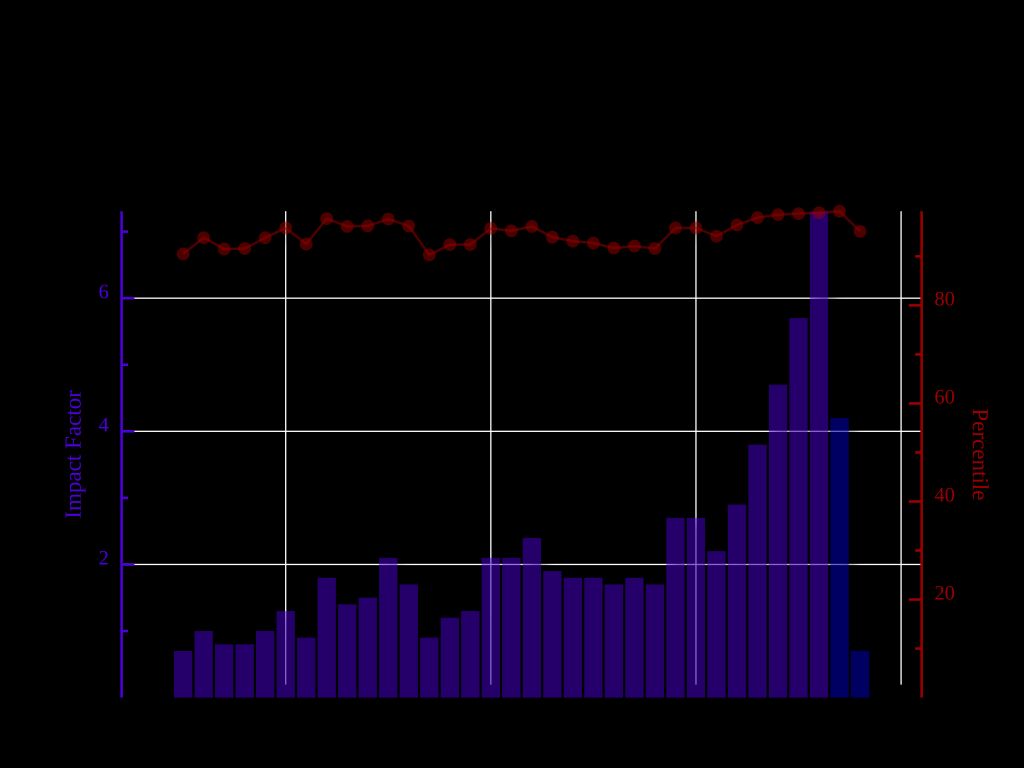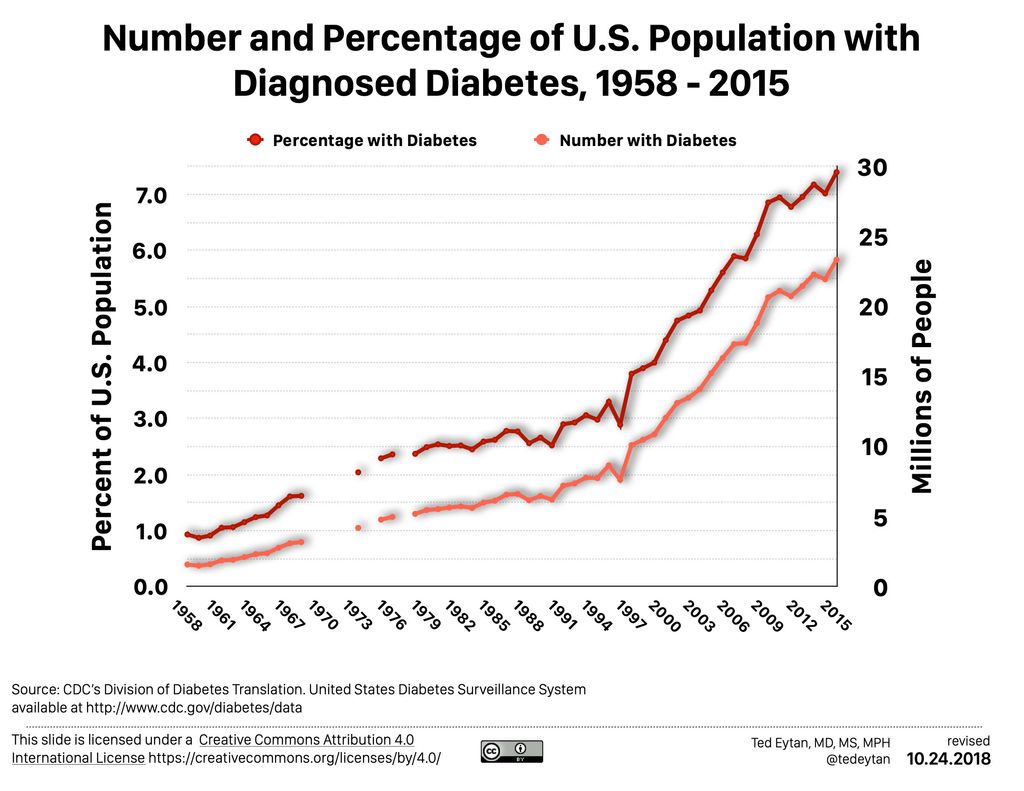Eternal Life: Exploring the Possibilities of Artificial Intelligence in Longevity Research
Unleashing the Potential of Artificial Intelligence in Longevity Research

Revolutionizing Longevity Research with AI
Artificial Intelligence (AI) is revolutionizing longevity research, paving the way for groundbreaking advancements in the field. With AI-powered technologies, scientists and researchers are able to analyze vast amounts of data and uncover valuable insights that were previously inaccessible. This new era of AI-driven research holds immense promise for extending human lifespan and improving the quality of life for individuals around the world.
The field of AI-powered drug discovery is revolutionizing the way we approach age-related diseases. With the help of artificial intelligence, researchers are able to analyze vast amounts of data and identify potential drug candidates with unprecedented speed and accuracy. This technology has the potential to significantly accelerate the development of new treatments for diseases such as Alzheimer's, cancer, and heart disease.
The Role of Artificial Intelligence in Extending Human Lifespan

AI-Driven Precision Medicine for Aging
As we delve into the realm of AI-driven precision medicine for aging, a whole new world of possibilities opens up. Futurists envision a future where personalized treatments based on an individual's genetic makeup and lifestyle factors can significantly extend human lifespan. While this may seem like
a glimpse into the future, exciting advancements in this field are already approaching human trials. The integration of AI algorithms and machine learning techniques allows researchers to analyze vast amounts of data and identify patterns that can lead to breakthroughs in aging research. With the potential to revolutionize the way we approach aging, AI-driven precision medicine holds promise for a healthier and longer life.
Predictive Analytics: Unlocking the Secrets of Aging
As we delve deeper into the realm of predictive analytics in aging research, exciting possibilities emerge. Futurists envision a future where advanced algorithms and machine learning techniques can accurately predict the aging process and identify potential interventions. This long-term outlook is complemented by ongoing research that is approaching human trials. Researchers are exploring the use of
neural links to enhance cognitive function and slow down the aging process. The combination of predictive analytics and neural links holds promise for extending human lifespan and improving quality of life in the future.